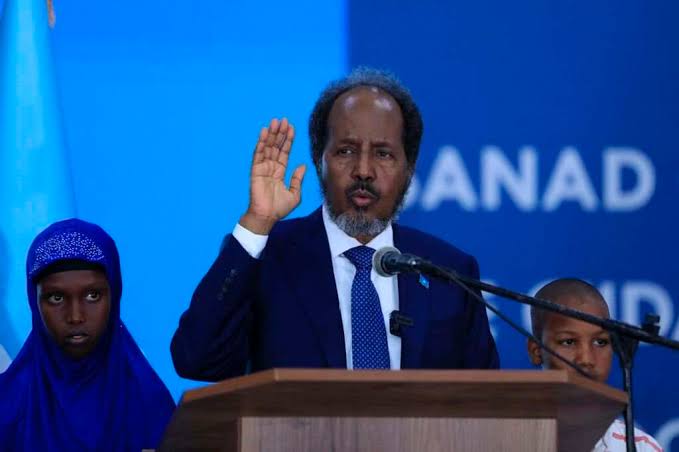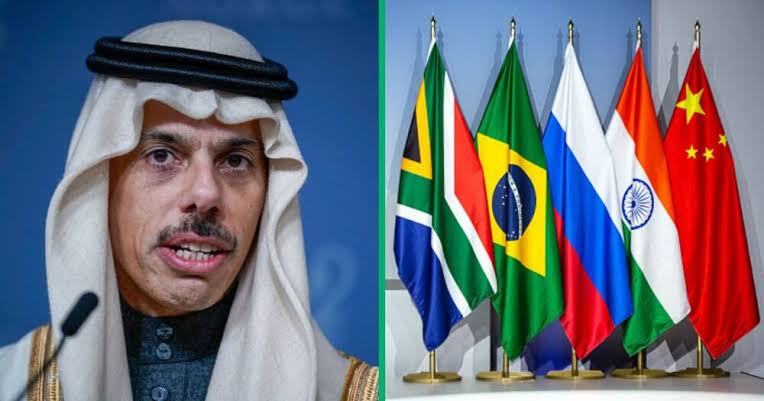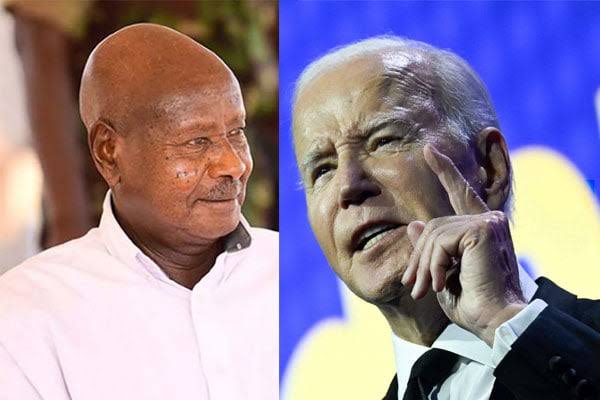
Faith Nyasuguta
Somalia has swiftly responded to Ethiopia’s recent pact with Somaliland, denouncing it as a “clear violation” of its sovereignty and territorial integrity. The agreement, allowing Ethiopia access to the Red Sea via the port of Berbera and a military base, triggered strong objections from Mogadishu.
Somalia emphasized that Somaliland is constitutionally part of its territory and, as such, any deal with Somaliland infringes upon its unity. In protest, Somalia recalled its ambassador to Ethiopia for consultation and called upon international organizations, including the United Nations and the African Union, to support its stance and compel Ethiopia to adhere to international laws.
“Somaliland is part of Somalia under the Somali constitution so Somalia finds this step to be a clear violation against its sovereignty and unity,” the Somali cabinet said in a statement.
It said the deal was “null and void with no legal basis and Somalia will not accept it”.
“In response to this, the Somali government has recalled its ambassador in Ethiopia for consultation.”
Somaliland has been seeking full statehood since claiming independence from Somalia in 1991, a move fiercely opposed by Mogadishu and not recognised internationally.

While the deal is seen by Ethiopia as a strategic move to regain access to the Red Sea, Somalia considers it a severe breach of its national sovereignty. The disagreement comes just days after Somalia and Somaliland had shown a glimmer of diplomatic progress by agreeing to resume dialogue, following a deadlock that persisted for years.
Ethiopia’s quest to secure Red Sea access stems from historical challenges after losing its coastline when Eritrea declared independence in 1993.
The agreement with Somaliland provides Ethiopia with a significant economic and strategic advantage, potentially mitigating its reliance on Djibouti for trade, which has been a source of vulnerability.
In response to Somalia’s opposition, there has been no immediate comment from the Ethiopian government. The situation adds another layer of complexity to the geopolitics of the Horn of Africa, as tensions rise over the contested region.
Somaliland, a former British protectorate with 4.5 million people, prints its own currency, issues its own passports and elects its own government.
Although Somaliland has often been seen as a beacon of stability in the chaotic Horn of Africa region, its quest for statehood has gone unrecognized internationally, leaving it poor and isolated.
The international community will likely closely watch developments and evaluate their impact on regional stability, especially given the history of discord between Somalia and Somaliland and the strategic importance of the Red Sea access to Ethiopia.
RELATED:




